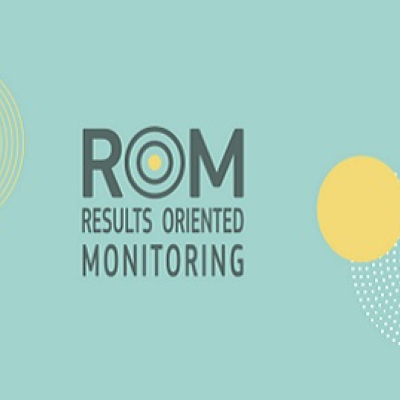The Results Oriented Monitoring (ROM) system is the primary external monitoring tool for Operational Managers in EU Delegations and Headquarters to assess intervention performance. Following the standardised methodology described in the ROM Handbook, ROM reviews take place on a needs basis for interventions having implementation problems or for other reasons such as:
-
the impossibility for the EU Operational Managers to visit the intervention site;
-
the lack of necessary sector expertise within the responsible service at a given moment in time;
-
for selected blending interventions.
To determine whether the need for ROM reviews has evolved, DG INTPA’s Unit D4 commissioned an analysis in the framework of the contract “Support to programming, monitoring, evaluation and knowledge sharing in the EU external action” (meldea). The analysis looks at the main reasons for requesting ROM reviews and identifies any new or emerging reasons. It is based on data available in EU systems and complemented by a survey collecting information from ROM contractors.
|
Main findings – Reasons for requesting ROM Reviews |
1. ROM reviews are requested only for a minority of interventions having implementation problems
Although ROM reviews can support interventions with implementation issues, EU Operational Managers request ROM reviews only for a minority of such cases. The current data offers a limited perspective on this. It could be assumed that ROM reviews are used as preventive measures or that interventions with implementation problems are supported through other means. Further insights from EU Operational Managers could provide a more comprehensive understanding.
2. A variety of other reasons for requesting ROM reviews have emerged
Many interventions subject to ROM reviews are on track to achieve their results. For these interventions, ROM reviews are requested for reasons such as security, accessibility, or time constraints preventing EU Operational Managers from visiting intervention sites.
The analysis also found that ROM reviews are often used for emerging needs, such as gathering lessons learnt for future interventions and informing the design of the next phase.
Conclusion
There are several reasons for requesting a ROM Review, in addition to implementation problems in the intervention. Several other important categories of needs emerge, such as solving constraints issues from EU Operational Managers to visit them or to collect information for future phases or interventions.
Share your views:
Did you request a ROM Review? For which reasons did you do it? Your opinion will enrich the picture. What is your experience? Share it in the comments below or start a discussion in the ROM (Results Oriented Monitoring) Public Group on Capacity4dev.
______
Photo copyright: European Union, 2023 | Source: EC – Audiovisual Service
DISCLAIMER: The information provided is based on the content of the document “REASONS FOR REQUESTING ROM REVIEWS” and should not be interpreted as the official view of the European Commission. This article was produced in collaboration with the experts Sophie Papalexiou and Dolores Pouiller, authors of the analysis.
These findings are drawn from a document produced for the Directorate-General for International Partnerships (DG-INTPA), with support from the INTPA.D4-managed “Support to programming, monitoring, evaluation and knowledge sharing in the EU external action” (meldea). It is available to DG INTPA, DG NEAR and FPI staff.




(1)
Log in with your EU Login account to post or comment on the platform.
Thank you for the analysis, although very/too short, but overall correct.
As regards “solving constraints issues from EU Operational Managers to visit them or to collect information for future phases or interventions”, this is absolutely correct! In NEAR D5 for instance, managers obsessed with reducing costs, lower almost every year the mission budget, especially for contract agents. In order to somehow show in the annual reporting that the projects are more or less properly followed on the ground, they resort to ROM to be able to tick the box. What a nonsense, as if a ROM mission and report were cheaper and more cost-effective that a mission on site performed by the project manager! But this kind of issues are (almost?) never properly evaluated, because it’s not in the interest of the EC hierarchy. Something the Court of Auditors should definitely take up.
Best regards,
Antonio GARCIA SUAREZ (former contract agent from 07/2009 – 02/2024)